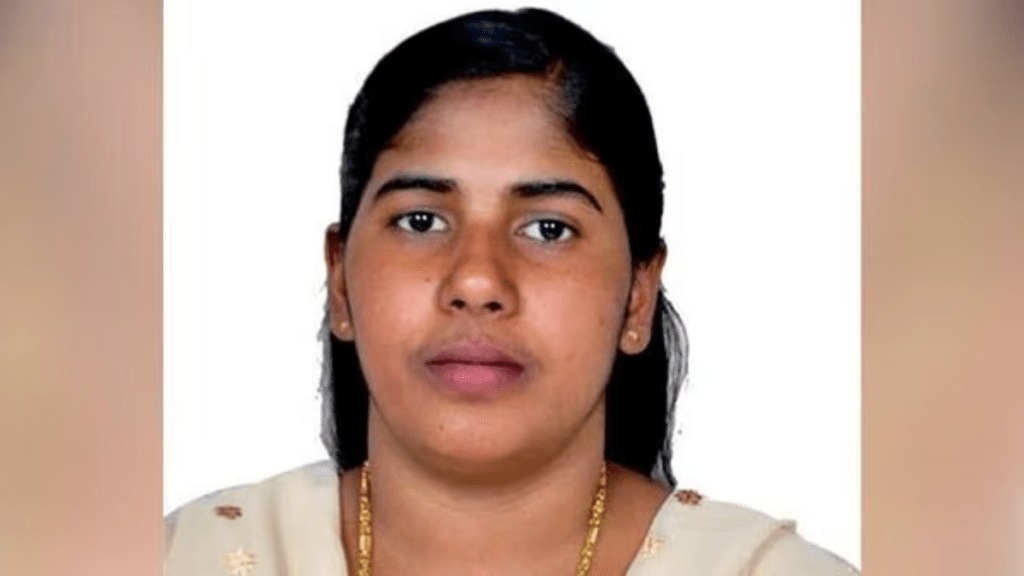Ahead of her scheduled execution on July 16, the family of Nimisha Priya, a nurse from Kerala convicted of murder in Yemen, has taken a final, desperate step to save her life. They have offered $1 million (approximately Rs 8.6 crore) as blood money to the victim’s family, hoping to secure a pardon. The 38-year-old was sentenced to death for the 2017 murder of her Yemeni business associate, and her final legal appeal was dismissed in 2023.
Understanding Blood Money
The concept of diyya or blood money is rooted in Islamic Sharia law, allowing the victim’s family to accept financial compensation instead of seeking execution under qisas (retribution). It is a practice aimed at restoring social balance and preventing long-standing cycles of revenge. The principle allows families to pardon convicts if they are compensated, although it does not automatically remove all legal consequences.
The amount of diyya is not fixed and can vary depending on several factors, such as the victim’s religion, gender, and nationality. Countries like Yemen, Saudi Arabia, the UAE, and Pakistan have codified these provisions into law. Even if a victim’s family accepts blood money, the state may still impose additional penalties to maintain public order and justice.
In Yemen, where Nimisha was tried, Sharia principles particularly from the Hanbali and Shafi’i schools govern such cases. However, in this instance, the victim’s family has so far not accepted the offer, and the clock is ticking.
Legal push in Supreme Court
In India, a fresh petition has been filed in the Supreme Court urging government intervention. The bench, comprising Justices Sudhanshu Dhulia and Joymalya Bagchi, agreed to hear the matter on July 14. The plea, filed by advocate Subhash Chandran KR, stresses the need to use diplomatic channels before it’s too late. The petition also points out that the victim’s family could grant a pardon if the blood money is accepted.
For Nimisha’s family, the clemency effort is a last-ditch attempt to save her. Rights groups and diaspora communities have rallied to raise funds and bring attention to her case. However, the outcome may ultimately rest on a combination of diplomacy and mercy and whether the Yemeni family is willing to accept the offer before time runs out.

